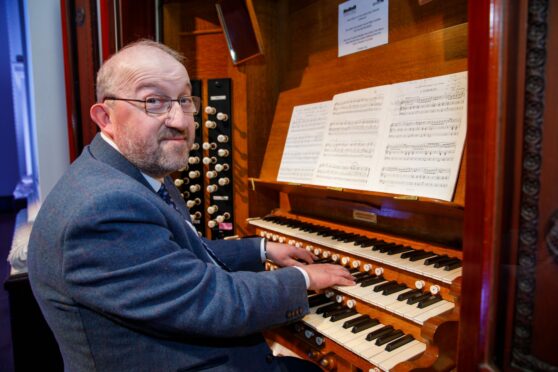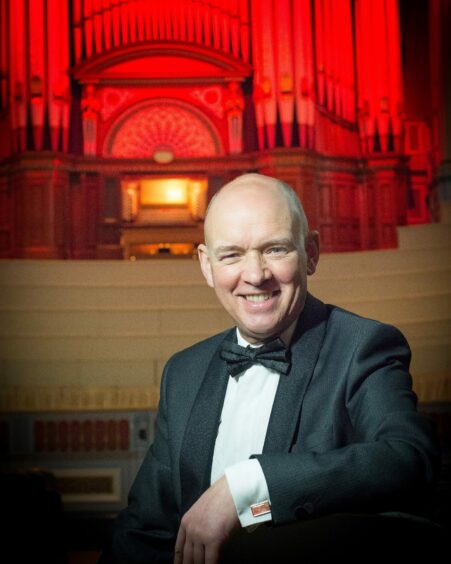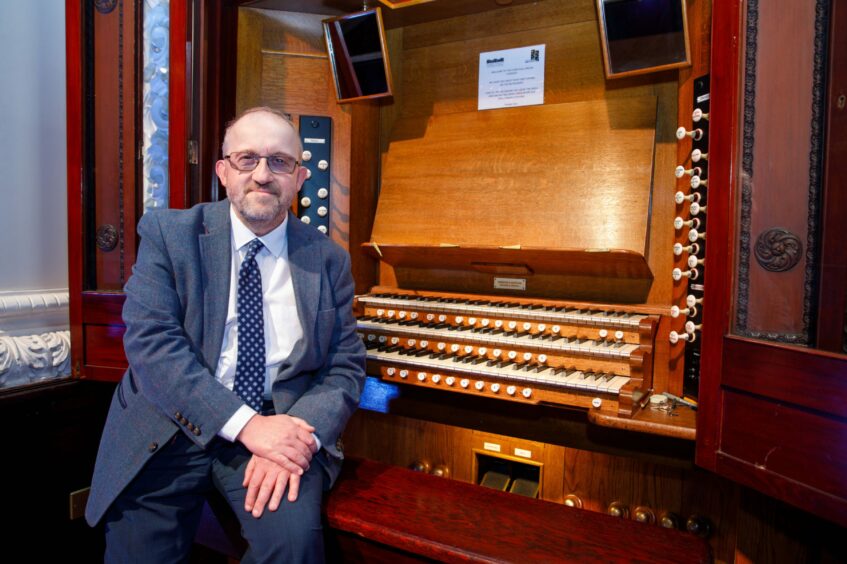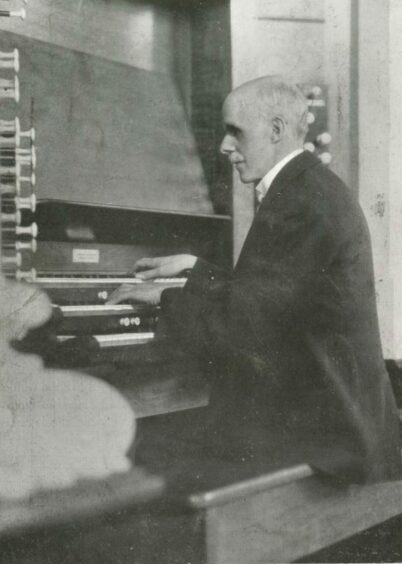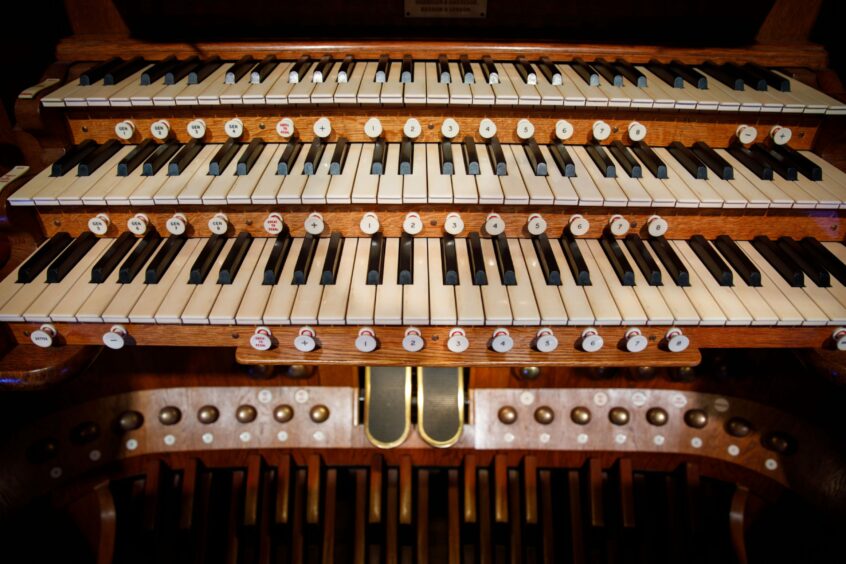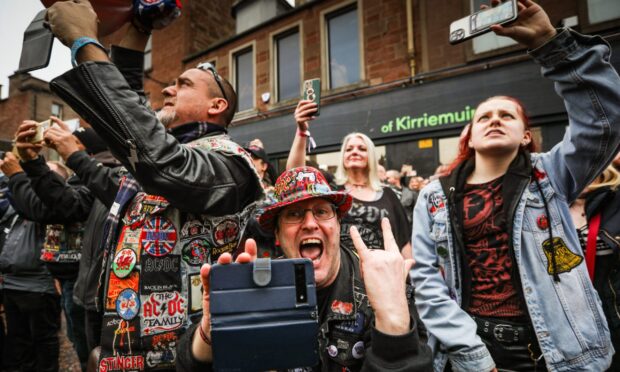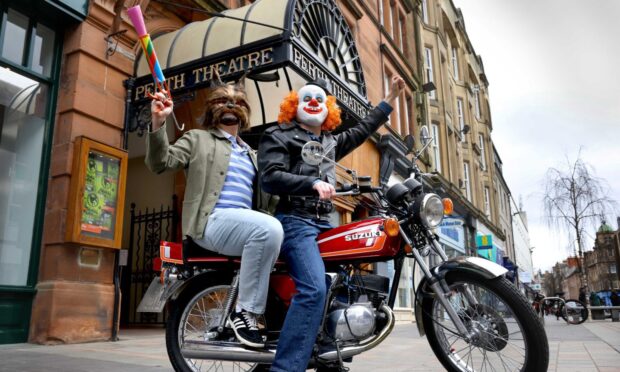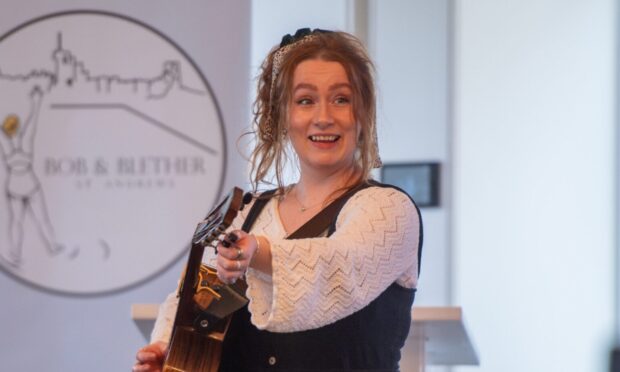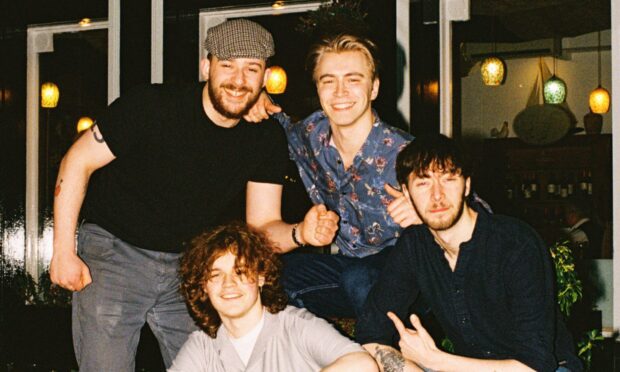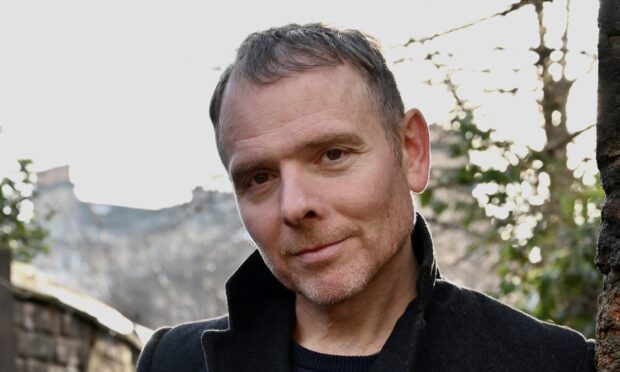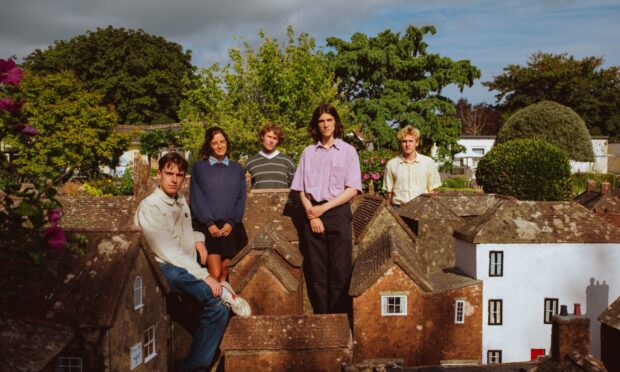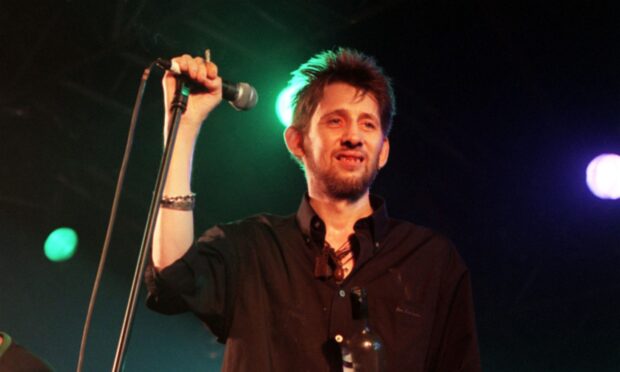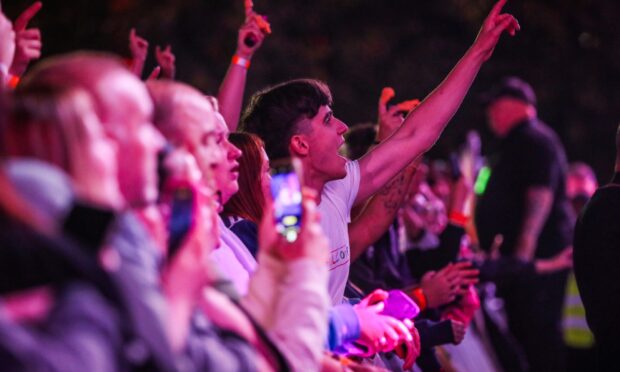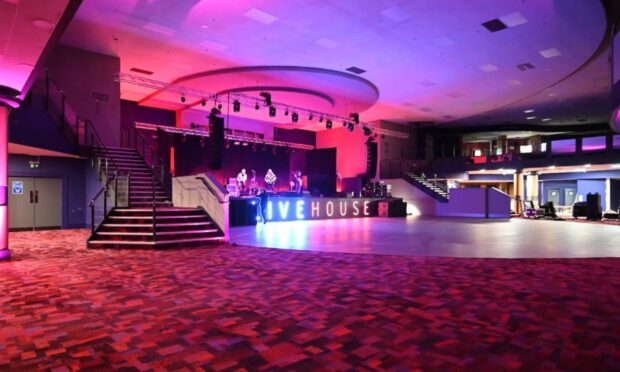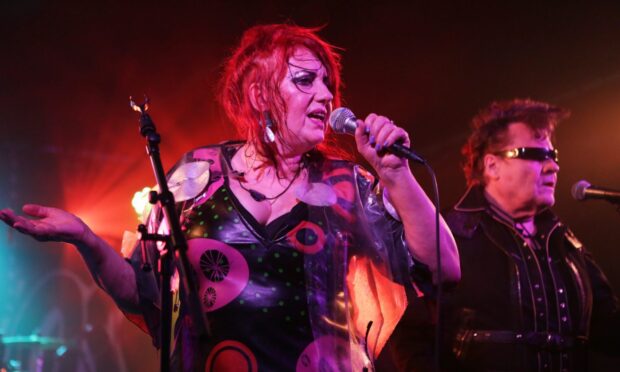A century ago today, a blind man gave the inaugural recital on the Caird Hall Organ he designed.
Described by a “jewel of the city” by Dundee’s city organist, the organ celebrated its milestone birthday in a concert earlier this month.
It was delivered by Dundee-born Gordon Stewart who was recently awarded the British Empire Medal (BEM) for services to music.
For the Friends of the Caird Hall Organ, there was no other choice than a local whose career was inspired by that very organ.
Gordon’s studies were funded by the Sir James Caird Travelling Scholarship Trust and he regularly broadcasted on BBC radio and television.
Having worked with the the BBC Philharmonic Orchestra, the Northern Chamber Orchestra, Orchestra of Opera North and Orchestra Victoria, Gordon returned to the city to celebrate the centenary of the instrument that shaped his life.
The concert opened with Overture The Yeoman of the Guard by Arthur Sullivan and ended on Concert Overture in C Minor by Alfred Hollins, the designer of the organ.
Dr Alfred Hollins was a blind organist based in Edinburgh, who had a wealth of experience in designing the instruments.
The organ was manufactured by the “Rolls Royce” of the organ world, Harrison and Harrison, a Durham-based company.
‘It’s one of the finest organs in the world’
Robin Bell, the current chair of the Friends of the Caird Hall Organ, said: “It has electrifying context.
“Alfred Hollins – a blind organist – designed the organ. He was a Yorkshire man, tempted to work in Edinburgh.
“He was known to be a wonderful musician and organist. That is common for blind people but still extraordinary.
“It was the first concert hall organ by Harrison and Harrison. They still have a strong link. They are proud.
“They are Harrison and Harrison and it is the Harrison and Harrison organ.
“It’s one of the finest organs in the world and it’s in Dundee.”
Stuart Muir, the current Dundee city organist, took up the role in 2002.
His job involves looking after the organ, performing concerts, and working closely with the Friends of the Caird Hall Organ.
He believes that the organ is the best in Scotland, though it was shaped significantly by the events of the First World War.
Stuart said: “Sir James Caird wanted the best of the best for Dundee.
“For the best hall, he wanted the best of the best of organs.
“Alfred Hollins was the consultant and designer.
“He had a tricky time as there’s always someone who knows best and there was an amateur organist writing to the council saying ‘do it this way’.
“Alfred was then given full control of the project.
“It was originally meant to be bigger with four manuals and pedals.
“Then the war happened and the building of the hall slowed when the men went to war.
“Sir James didn’t get to see the completed hall.
“Grace Marryat, his sister, gave the funds to finish the hall and finish the organ.”
The organ’s renovation
The first city organist James Hinchliffe was appointed in December 1926 and held the position until 1970.
By the end of his tenure, the organ had begun to deteriorate, with cracked wooden soundboards and a blower motor that was not powerful enough.
This led to the Caird Hall Organ Trust being established in the 1980s who raised the money to restore the organ back to its former glory.
The group was made up of Iain Flett, Sheriff Kevin Veal, John Calderhead, Robert Lightband and Ken Malcolm.
A charity recital by the “Pavarotti of the Organ” Carlo Curley, organised by Alistair Pow the Organist of St Ninian’s Cathedral in Perth, was the main fundraiser.
Iain Flett, former Dundee city archivist, described Carlo has holding the audience “spellbound”.
He said: “He explained its strengths and the types of organ music it could play and somehow cajoled the old lady to perform a surprising range from piano to fortissimo, from largo to allegro, to demonstrate her range.
“The money raised from that fundraiser would be the seed corn of the Caird Hall Organ Trust formed to thoroughly renovate her.”
Following a decommissioning concert by Gordon Stewart in 1991, the organ was taken to the Harrison workshop and returned later in the year with a raised pitch so that it could be played with orchestras.
It was re-commissioned in 1992 by Carlo Curley in another concert.
The famous organ player had a “real connection with people”, according to Stuart.
He said: “Carlo had a unique way of playing. He filled halls across the land in a way that doesn’t happen now.”
The ‘addictive sound’ of the organ
The original Caird Hall Organ Trust was replaced by the current Friends of the Caird Hall Organ in 2009.
It aims to promote and maintain the organ, fundraise for it and use it in an educational context.
Robin, the current chair of the Friends, was inspired to take up the organ after hearing it in the Church of the Holy Rude in Stirling.
The 60-year-old has been playing for 45 years and was an organ scholar when he studied music at Glasgow University.
He describes the Caird Hall organ as having an “addictive sound”, which is enforced by the acoustic of the hall it lives in.
His group run educational events for primary and secondary pupils, as well as recitals.
Notably, they run a silent movie night in November where an organist will improvise the sound of the film.
The Friends also step in when the organ requires maintenance.
Robin added: “You’d be astounded by how much it matters to the people of Dundee.
“We’re obsessed with it.
“We’re slightly bonkers – mos
His group run educational events for primary and secondary pupils, as well as recitals.
Notably, they run a silent movie night in November where an organist will improvise the sound of the film.
The Friends also step in when the organ requires maintenance.
Robin added: “You’d be astounded by how much it matters to the people of Dundee.
“We’re obsessed with it.
“We’re slightly bonkers – most musicians are.”
